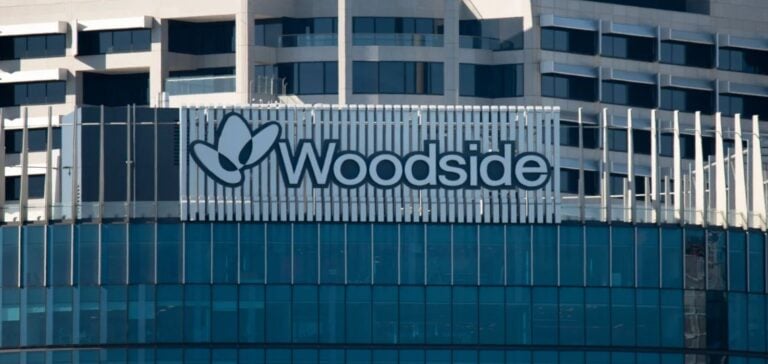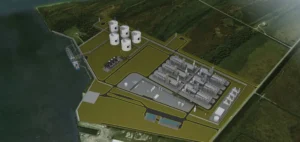Australian energy operator Woodside Energy announced on November 27 that it is preparing the safe restart of its Pluto LNG facility, located in the Pilbara region of Western Australia. The outage, which occurred on November 25, was caused by a failure in the facility’s control system, leading to a full site shutdown.
A Woodside spokesperson confirmed that all necessary safety procedures were followed, including the manual depressurization of the processing train and the halting of offshore operations. The company also assured that all personnel on-site are safe and accounted for.
Operations continue at Karratha
During this period, operations at the Karratha Gas Plant, connected to Pluto via a pipeline, remain unaffected and continue as normal. The spokesperson emphasized that this incident has not disrupted production at the Karratha site.
According to the Gas Bulletin Board from the Australian Energy Market Operator, the unplanned domestic gas outage at Pluto is expected to last until December 1.
Capacity and expansion projects
The Pluto LNG facility has an annual production capacity of 4.9 million metric tons of liquefied natural gas (LNG). It processes gas from the offshore Pluto and Xena fields, transported through a 180-kilometer pipeline to an onshore processing train.
Additionally, Woodside is constructing a second processing train at the facility to accommodate gas from the Scarborough project. This new train will increase production capacity by approximately 5 million metric tons per year.
Impact on the LNG market
Australia, one of the world’s largest LNG exporters, plays a critical role in global energy supply. Any disruption or downtime at its facilities has the potential to create market tightness.
According to Platts, a division of S&P Global Commodity Insights, the Japan-Korea Marker (JKM) benchmark price for LNG cargoes delivered to Northeast Asia was assessed at $15.302/MMBtu on November 26, marking a slight 0.2% decline from the previous day.






















